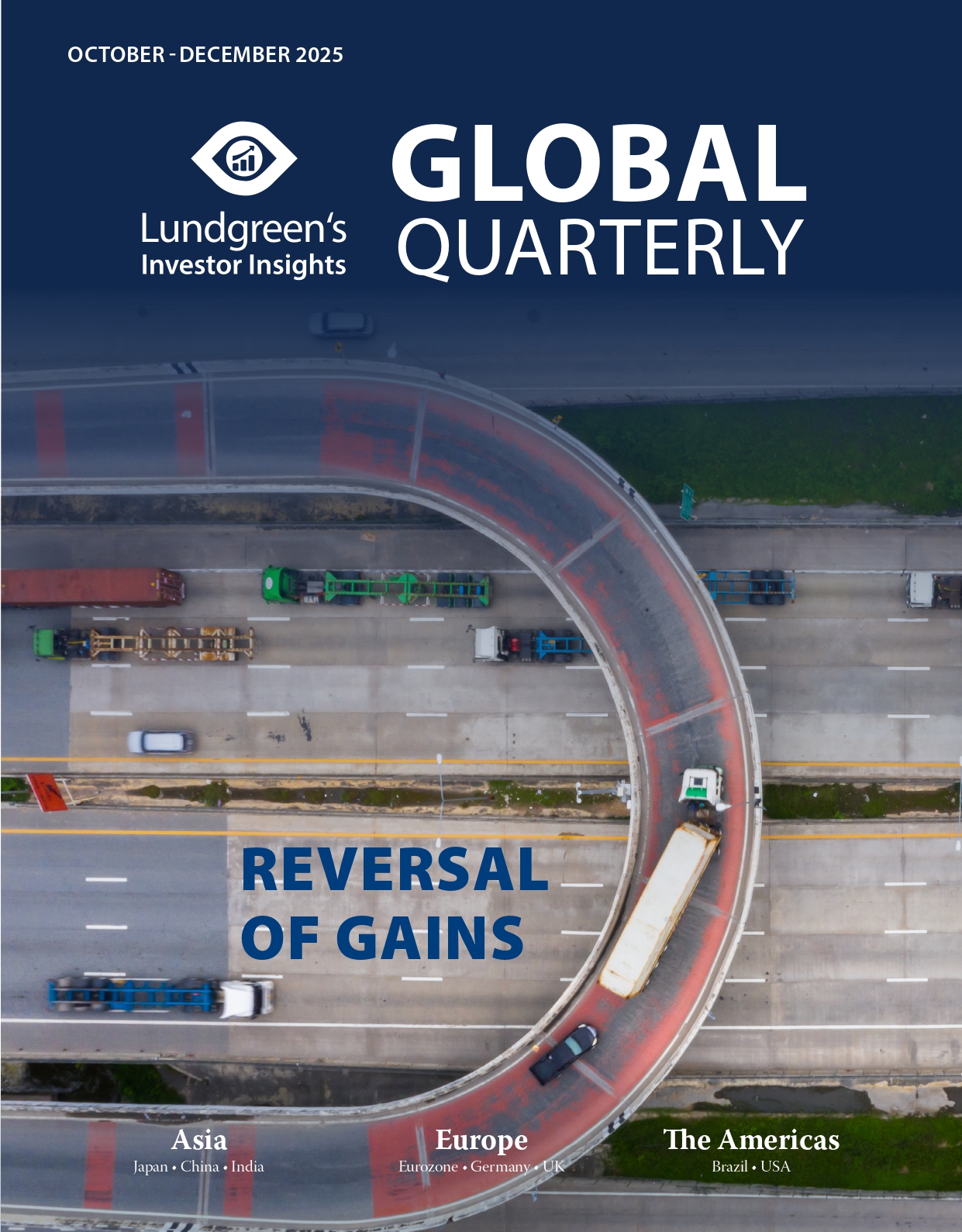Resuscitating the German economy with startups
Startup funding in Germany is picking up speed and could help fuel growth, but obstacles remain.
Germany seems unable to catch a break. Amid rising concerns that the US’ tariff deal with the EU will constrain growth in the foreseeable future, updated GDP growth data paint a grim picture: that Germany had been caught in a deeper recession than initially perceived, with the economy contracting by roughly 1 per cent in 2023 and by 0.5 per cent in 2024. This persisted in 2025, with second quarter GDP revised lower to -0.1 per cent following a modest growth of 0.3 per cent in January-March.
What might seem like an unfortunate incident is part of a bigger picture. Germany’s aggregate growth amounted to just 1 per cent between the end of 2017 and early 2025. Of all the issues contributing to this bleak economic performance, one stands out given the surprising amount of support across the political spectrum: assistance to startups. Luckily for Germany, this strategy might just yield positive results.
The crucial features of a startup include having an innovative business model and high growth potential, meaning that only a limited number of newly founded businesses can be categorised as actual startups. While the total number of operating businesses has been stagnating in Germany since 2012, the number of startups is growing.
To understand why startups might help Germany out of its sclerotic growth momentum, it is helpful to look at basic economic theory. While growth can come from the accumulation of capital and labour, adding more machines or workers faces diminishing returns. What really drives long term growth is technological progress, particularly to the invention and application of new ideas and technologies. Here, startups come into play as they have the dual effect of introducing new ideas directly into the market while pressuring incumbents to innovate as well, resulting in a more dynamic economy.
Funding growth
Funding for startups marginally increased for most of the 2010s but picked up speed towards the end of that decade. Graph 1 shows that it peaked in 2021 with EUR 18.9 billion (USD 22 billion) worth of venture capital (VC) deals in Germany, helped by a sizable inflow of foreign funding mostly from the US. Available funding plummeted in 2022 amid a steep increase in interest rates but has recovered since 2023, reflected in the increase in size as well as number of deals.

This positive trend gives reason to cheer, with total capital invested in startups placing Germany as the third biggest VC destination across Europe after the UK and France. However, other measures place Germany far behind the US, the latter remaining as the most popular choice for available funding and as the homebase for new, competitive businesses. For one, German startups employ only 1.1 per cent of the country’s workforce, trailing the 8.4 per cent employment attributable to their US counterparts. It is no surprise that Germany – or the rest of the EU, even – struggles to catch up in the creation of unicorns, a space so easily dominated by American startups that made it big.
What is holding back German startups from achieving their full potential? Oftentimes, a thick bureaucracy is one of the main hurdles of new companies, leading to significant costs and delays in securing permits – time spent on tasks not central to the business – and inflexibility due to rigid labour market rules. Scarce labour also means 30 per cent of new businesses is unable to fulfil their hiring needs as planned. A third typical European problem is lack of access to a large single market. Internal trade barriers within the EU are estimated to amount to 44 per cent tariffs for goods and over 100 per cent tariffs in the services sector, according to the International Monetary Fund, adding to frictions within what should have been a unified economic bloc.
One major concern of startups is financing growth. Bank loans are not ideal for startups because of their unique risk and cash flow profiles. Germany itself mostly has smaller VC funds under EUR 500 million (USD 584 million), and raising capital for later stages turn especially difficult. This gap is filled by foreign investors, with the US already financing 30 per cent of German startup deals, and by public funds, with half of early startups receiving government support. This also shapes exit strategies. The provision of late-stage funding by foreign investors increases the likelihood of German startups to relocate – something that 30 per cent of unicorns and 6 per cent of all startups do. This is due to the relative unattractiveness of the German stock market, as most startups typically list abroad or sell out to larger organizations or private equity companies. Compared to American startups, exits via IPOs are four times as likely for German startups.
A startup nation in the making
Successive German governments have tried to address these concerns by cutting red tape, increasing public funding for startups, and improving VC entry protocols for institutional investors. It is too early to say whether all these measures bear fruit, though there are some signs that allow for cautious optimism.
One of the trends is the increasing popularity of Gründergeist or founders’ mentality. While Germans remain relatively risk-averse in starting a company, more young people are now considering this path. Since 2020, the startup workforce has grown by almost 30 per cent. A testament to this is the dedicated buildings for startup accelerators at German universities that play an important role of transporting cutting-edge scientific knowledge.

The uptick in general startup activity is as important as identifying the industries at the forefront of this change. With most startups engaged in software development and digitalisation for health, energy, and fintech as seen in Graph 2, we see an opportunity to address issues contributing to German’s persistently low productivity.
There is always room to grow for Germany, and it is highly unlikely that only additional government spending can unlock this. Growth is exactly the goal of startups, and supporting their growth through more funding and pro-business policies could propel Germany’s way out of stagnation.
This original article has been produced in-house for Lundgreen’s Investor Insights by on-the-ground contributors of the region. The insight provided is informed with accurate data from reliable sources and has gone through various processes to ensure that the information upholds the integrity and values of the Lundgreen’s brand.







